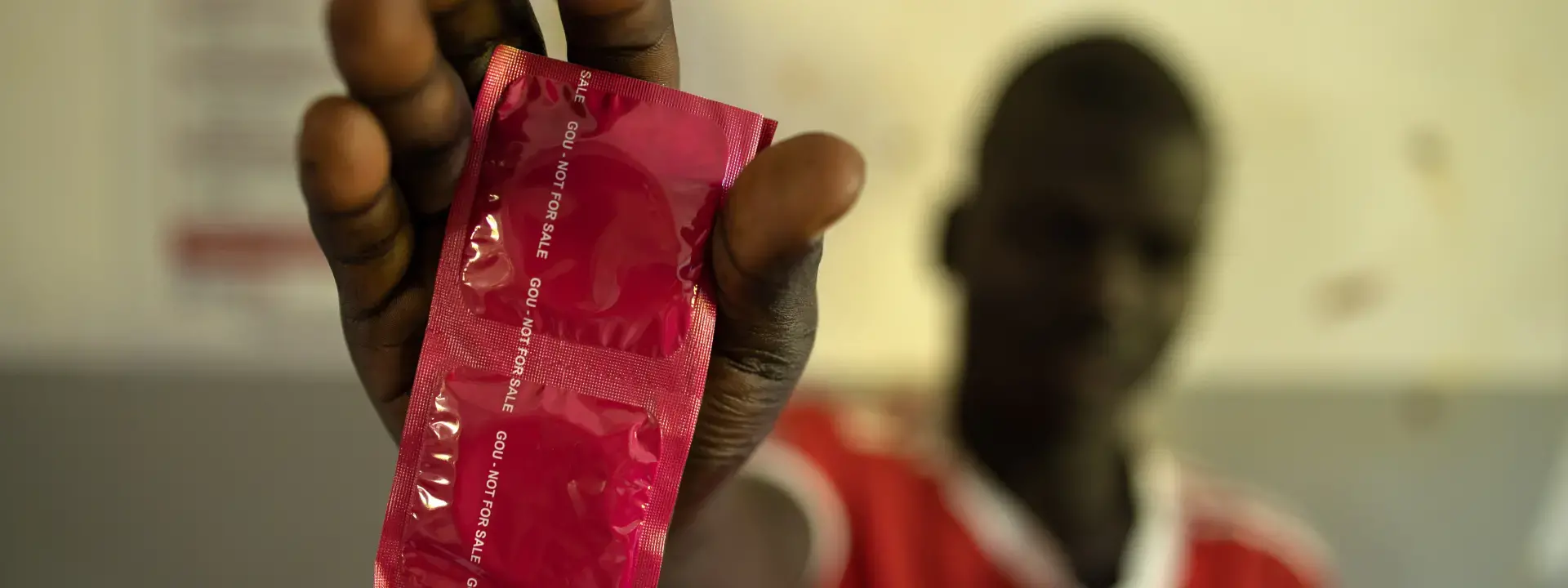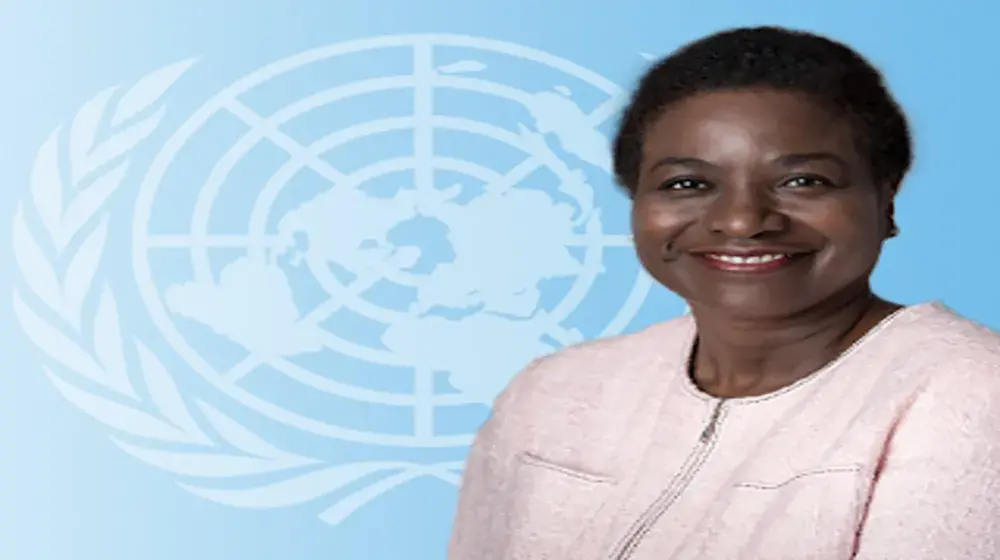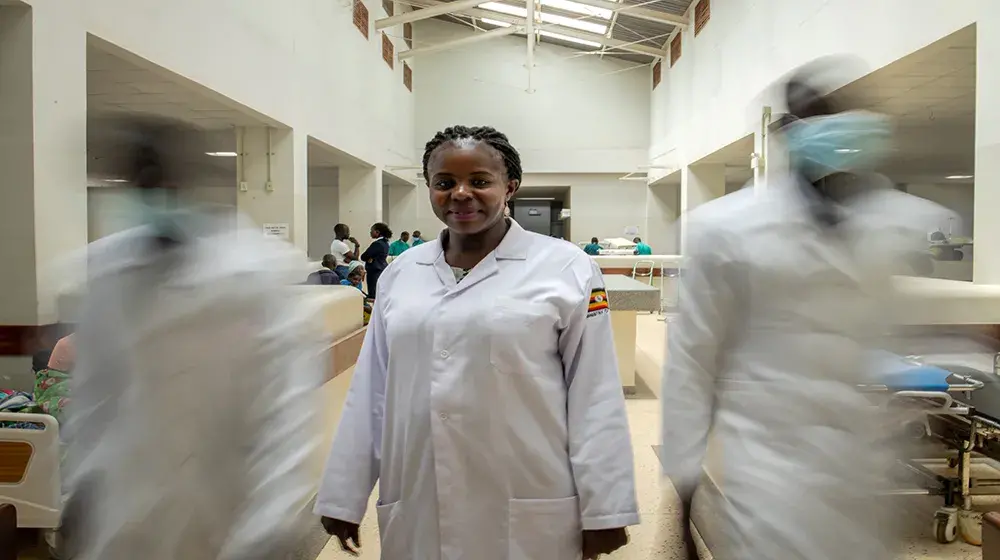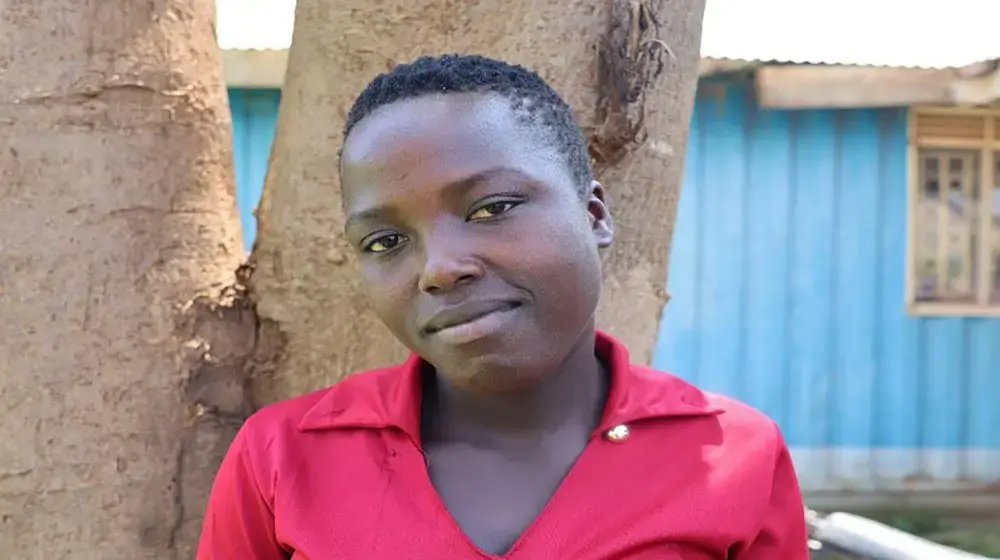Access to safe, voluntary family planning is a human right. Family planning is central to women and girls’ empowerment and is a key factor in reducing poverty. Yet one in three women in Uganda who want to avoid pregnancy are not using safe and effective family planning methods. They are limited by a range of barriers including inadequate access to information and services, lack of support from partners, socio-cultural values and beliefs about family planning and concerns about side effects.
For UNFPA, making access to family planning services is not only central to women and girls’ health and empowerment but is key to sustainable development. Access to family planning means women can attain an education, and have fewer and well-spaced births, thus freeing them to participate in the labour-force and contribute to economic development. Investing in family planning is one of the keys to unlocking a window of opportunity for Uganda to achieve the demographic dividend, the economic growth that may result from changes to a country’s age structure.
UNFPA therefore supports Uganda’s family planning efforts by ensuring a steady, reliable supply of quality contraceptives, procuring up to one third of the country’s contraceptive requirements. UNFPA also supports implementation of the national supply plan to ensure that the family planning commodities get to the last mile through the Alternative Distribution System operated by the Joint Medical Stores.
At service delivery, level UNFPA supports health system strengthening by training health workers and community resource persons (Village Health Team members) to deliver quality family planning services as part of an integrated package of rights. UNFPA also participates in national advocacy efforts to increase financial investments and political commitment for family planning, and supports generation of data and evidence for decision-making. One of the ways UNFPA does this is by supporting the Uganda Family Planning Consortium that brings together 18 civil society organisations to advocate for a favourable policy environment in which access to family planning supplies and services is prioritised.





